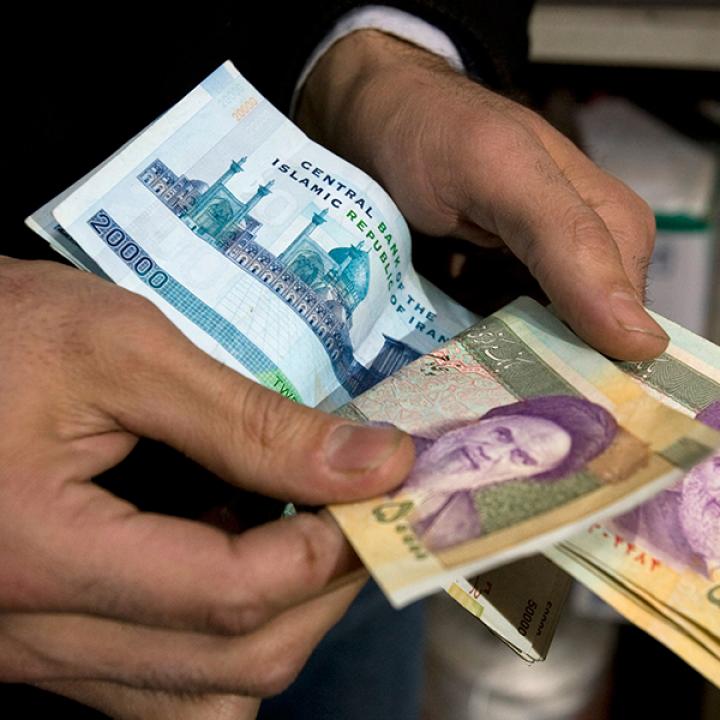

The practical effects may be limited to minor issues such as visa regulations, while the symbolic implications are not in Tehran's favor.
The following item was originally published by the Iran Primer, a project organized by the U.S. Institute of Peace. Read separate Primer entries on the IRGC issue by Matthew Levitt and Michael Eisenstadt, or see past Washington Institute contributions to the project.
The practical implications of the designation are small. Both the European Union and the United States have long banned economic transactions with the IRGC (the European Union designated the IRGC Air Force in 2008 and the whole IRGC in 2010; that has not changed since the 2015 nuclear deal, the Joint Comprehensive Plan of Action or JCPOA).
The only additional impact I can think of is for U.S. visas: I think that IRGC veterans, as former members of a terrorist organization, are now eligible for a U.S. visa only if given an individual waiver by the Secretary of State personally. I am not certain, but this might apply to a Basiji who served a few weeks on the front 35 years ago and is now 75 years old: he could not go visit his grandkids in Los Angeles.
With the practical effects small, the question is the symbolic impact. The symbolic effect is whatever Iran makes of it. Tehran would be well advised to ignore the designation, with the usual bravado about how Washington may huff and puff, but their words mean nothing. Why draw attention to the fact that the United States and Europe both agree that the IRGC merits sanctions, with the only difference between them being how to characterize the reason for those sanctions?
Patrick Clawson is the Morningstar Senior Fellow and director of research at The Washington Institute.
Iran Primer



